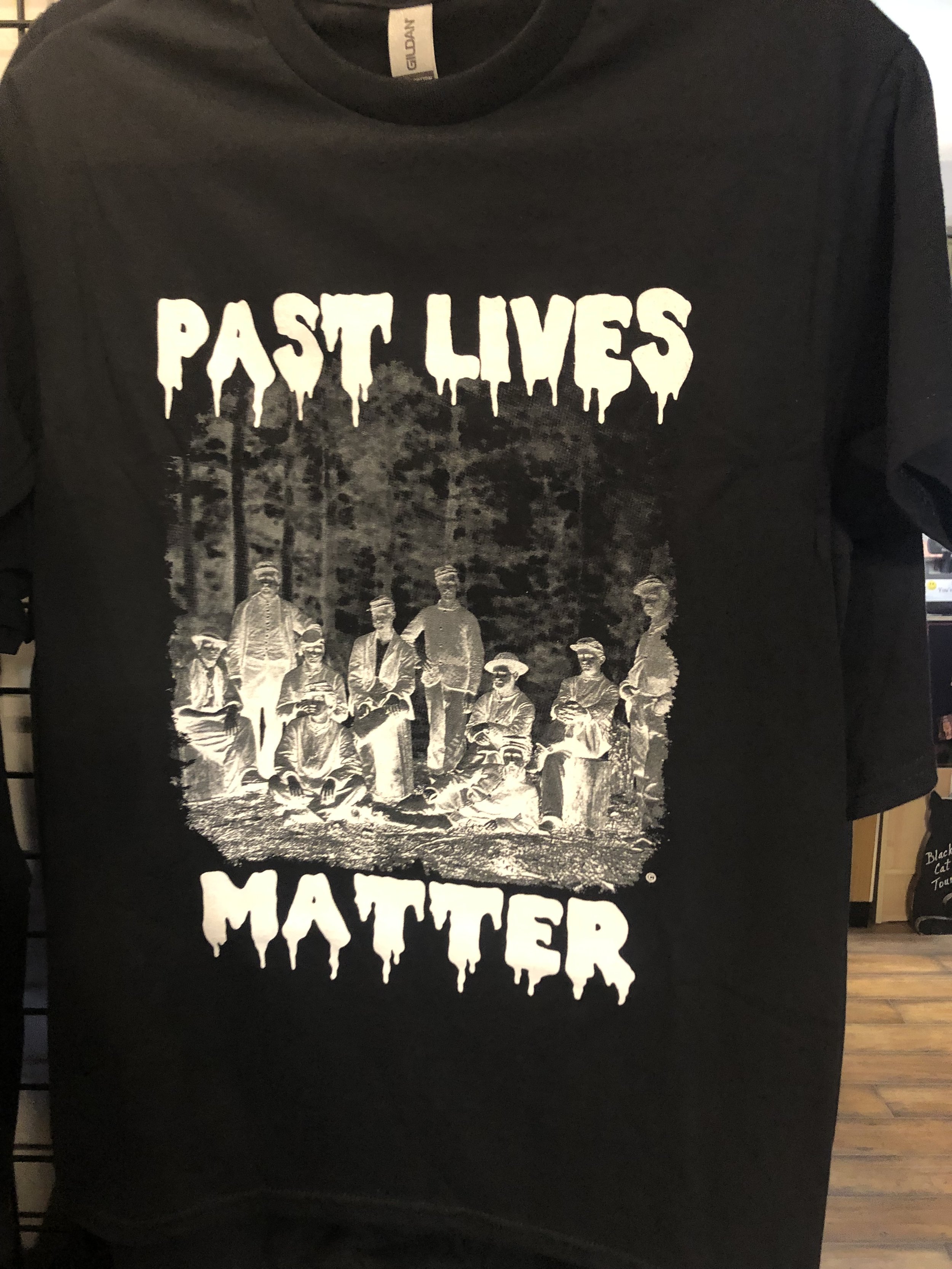In America’s Horror Stories: US History Through Dark Tourism, Dr. Favian Martín and I conduct what we refer to as a ghost tour(ist) methodology to explore how structural racism and U.S. slavery are depicted in dark tourism via ghost tours. We travel to key sites , including Salem, Massachusetts where a moral panic was sparked through accusations of witchcraft by Tituba, an enslaved Native woman. We go to New Orleans, Louisiana, which hosted the largest slave trade market and to nearby Myrtles Plantation in Francisville, where visitors can take in the “Southern splendor” of antebellum living. We end in Gettysburg, Pennsylvania, where the bloodiest battle of the Civil War took place, marking a pivotal moment to end slavery in the nation - but where Confederate ghosts are said to continue roaming the town and battlefield.
We go on walking tours, bus tours, visit historical monuments, stay at haunted hotels, ponder objects in haunted museums, and do some ghost hunting of our own.
From this, we find that the ghosts conjured by tour guides - ghosts of confederate soldiers, American citizens, and enslaved people, for instance - tend to whitewash, sensationalize, and commercialize the horrors of U.S. history, including slavery, racism, and colonialism.
This is not to discount dark tourism entirely. Rather, we recommend a ghost tour(ist) pedagogy that critically considers social issues - and structural forms of inequality - that haunt us today.
We are publishing our book with Routledge (December, 2024) and have graciously received grant funding from Arcadia’s Center for Antiracist Scholarship, Advocacy, and Action (CASAA).
America’s Horror Stories: U.S. History Through Dark Tourism
When I grew up in Minnesota, my friends and I would often go ghost hunting. For me, it was not really about ghosts per se, but about trespassing - of going into secluded barns, construction sites, cemetaries, and run down schools. The feeling of being in “empty” space was as intriguing as it was spooky.
While we only had to pay for flashlights and some gas, commercialized ghost tours - which incorporate ghost hunting - are a growing industry in the United States and across the globe.
In tours, participants traverse old mansions, prisons, churches, battlefields, asylums, and even plantations. Tour guides heighten visitors’ experiences with stories of ghost inhabitants of the often not-too-distance past. Such stories are not apolitical - they speak of U.S. history. In what ways are the atrocities of U.S. history - such as slavery and colonialism - presented in ghost tours? What kind of history is left in? What is left out?
A shirt in Gettysburg declaring “Past Lives Matter,” while featuring Confederate soldiers. A stunning appropriation of #BlackLivesMatter within the ghost tourism industry.
With Dr. Favian Martín and Dr. Doreen Loury


